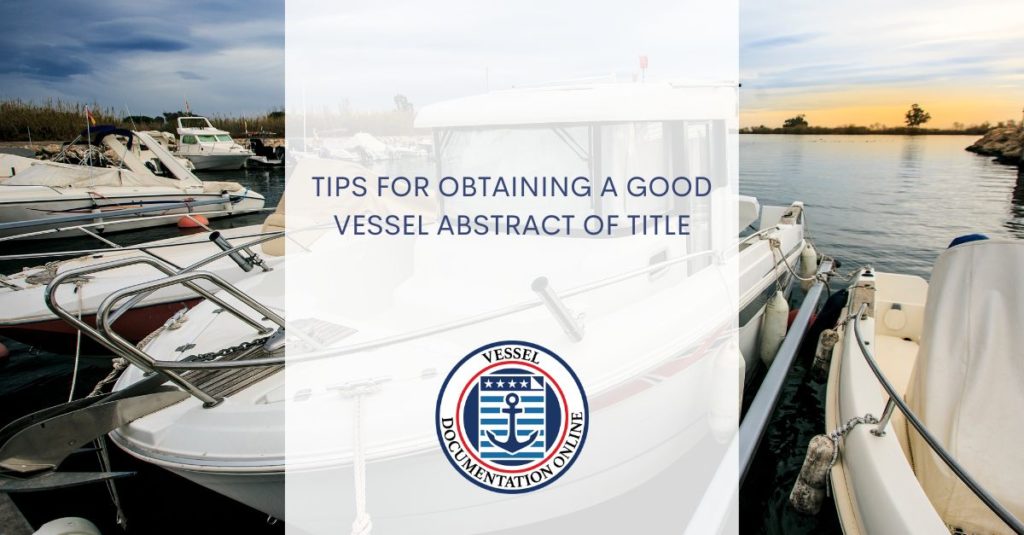Whether you’re trying to find information about a Coast Guard-documented vessel or you’re looking to purchase a vessel, there are a few ways that you can use to search.
One method is to conduct a Coast Guard documented vessel search by Hull Identification Number (HIN) and Official Number. This will reveal information about the vessel, including its name, number, flag, dimensions, tonnage and service information.
Documentation Number
The Documentation Number, also known as the Official Identification Number (ON), is affixed permanently to your vessel. It must be located on the interior of the ship in a clearly visible area.
The USCG Documentation Search is a powerful database that lets you conduct title searches on vessels with ease. You can obtain detailed information about a vessel’s history in the United States, including its owners and their previous liens.
The Search is available for free, but you can pay to access more detailed results. The database includes over 225,000 U.S. documented vessels, and it also has details from several other jurisdictions. It is a good resource to use, but keep in mind that the data can be inaccurate and may include errors and omissions.
Ownership
When you’re buying a boat, it’s important to have the vessel’s documentation at your disposal. This will help you determine whether the boat is a good investment for you or not.
The uscg documentation Search can help you find your vessel’s records with ease. All you need to do is choose the Vessel Identifier (Vessel Number, Vessel Name or Hull ID) and run a query.
You can also use the Explore tool to get a quick overview of all of the records on a specific vessel. This can be especially helpful if you want to see the details of a particular vessel, such as its hull identification number or its official number.
Regardless of the type of vessel you’re researching, it’s important to verify that the hull identification number on the boat matches the one recorded on ownership documents. If they don’t, the ship could be liable to liens or other claims that can negatively impact your investment decision.
Mortgages
The United States Coast Guard is one of the essential government departments responsible for protecting marine interests and navigational waters. Its duties include preventing pollution, responding to national emergencies, and ensuring the safety of vessels and their crews.
When a vessel is registered with the USCG, it’s considered “documented.” This means that a record of ownership and all other documentation is maintained by the National Vessel Documentation Center. This ensures that owners of documented vessels can easily transfer ownership and refinance their vessels, as well as track their ships across state lines.
For this reason, it’s crucial to check your vessel’s documentation status regularly. Luckily, there’s an easy way to do this online.
Liens
Liens are the legal claim that a lender or other lien holder has on your property because you owe them money. They can attach this claim to real and personal property, including cars, furniture and jewelry.
Mortgage liens are the most common type of lien on real and personal property. These are usually attached to the property on which the mortgage is owed, but can also be attached to other properties if the mortgage is held in a second name.
Property tax liens are also another common type of lien. These are typically attached to the real estate that is owed for taxes.
A mechanic’s lien is another involuntary type of lien that can be placed on real and personal property. These are often filed by contractors, subcontractors or suppliers who have provided services or materials for the property and you haven’t paid them. This can prevent you from transferring ownership of the property until these liens are paid off.
